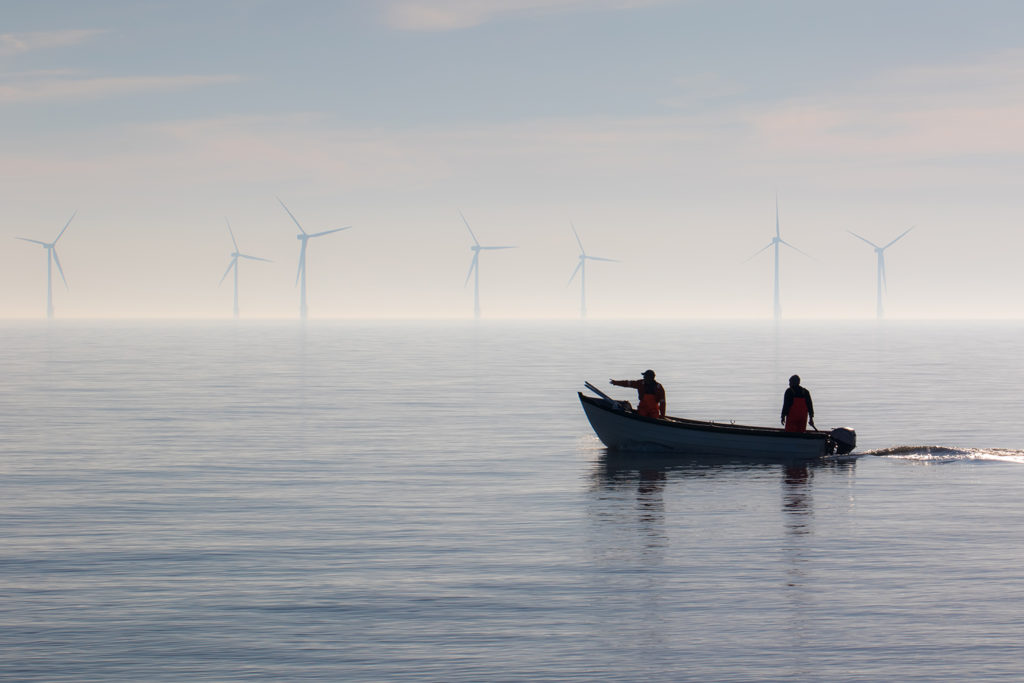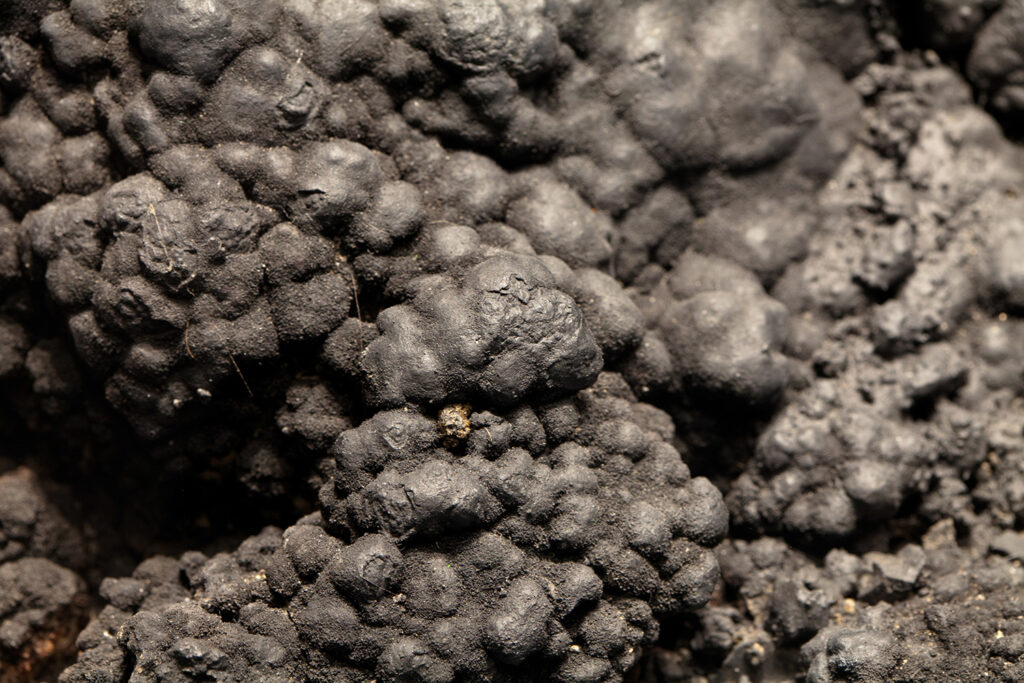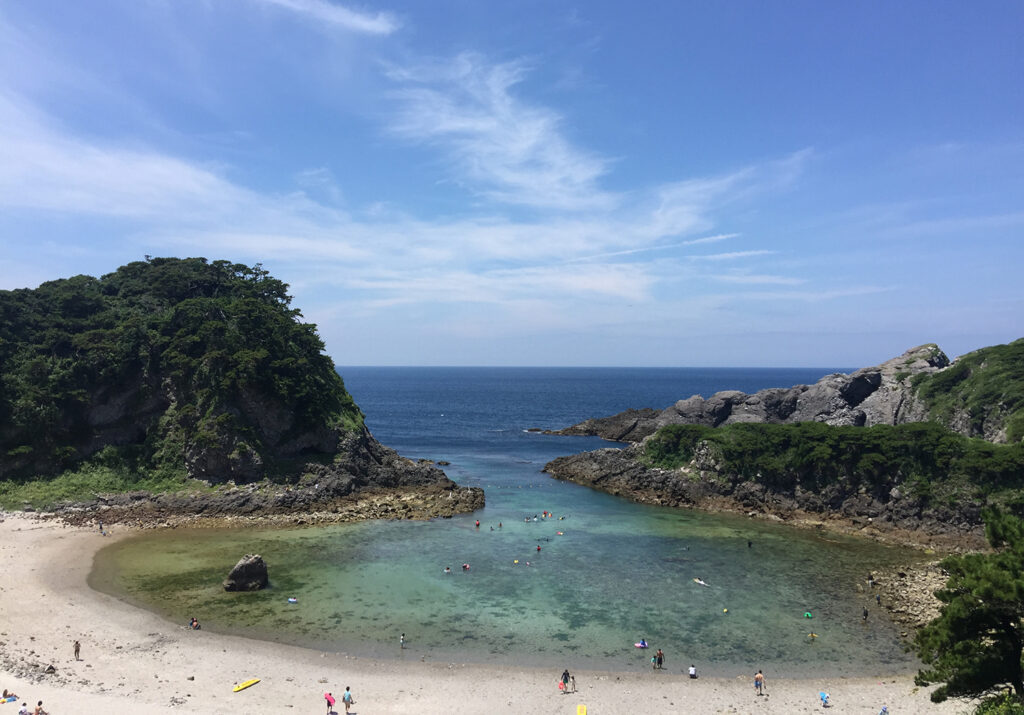Ocean’s middle depths, home to many commercially fished species, started losing oxygen at ‘unnatural rates’ in 2021

A new study indicates that, by 2080, 70 percent of the world’s ocean could be “suffocating” from a lack of oxygen due to climate change, potentially impacting marine ecosystems worldwide. Moreover, the modeling suggests that mid-ocean depths that support many fisheries worldwide are already losing oxygen at “unnatural rates” and passed a critical threshold of oxygen loss in 2021.
“The high-emission simulations suggest that the time at which the deoxygenation signal will exceed the internal variability is projected to be before 2080 in more than 72 percent of the ocean globally,” the study’s authors wrote in the paper published in Geophysical Research Letters. “By 2080, deoxygenation signals would emerge below the epipelagic zones of the western North Pacific, North Atlantic, and Southern Oceans. The trend of rapidly declining oxygen concentrations with ongoing global warming can greatly affect fisheries and other marine resources.”
Scientists have been tracking the ocean’s steady decline in oxygen for years, but this study is the first to use climate models to predict how and when deoxygenation (the reduction of dissolved oxygen content in water) will occur throughout the ocean outside its natural variability.
“Decreasing dissolved oxygen concentrations in the ocean, which degrade the marine environment and biology, have been observed in recent decades,” the study’s authors wrote in the research paper. “To understand the changes in oceanic oxygen concentrations, we calculated the time at which the signal of oxygen change will exceed its natural variations using climate model simulations.”
The researchers identified the start of the deoxygenation process in three ocean depth zones – shallow, middle and deep – by modeling when the loss of oxygen from the water exceeds natural fluctuations in oxygen levels. The study predicted when deoxygenation would occur in global ocean basins using data from two climate model simulations: one representing a high emissions scenario and the other representing a low emissions scenario.
According to the findings, the ocean’s middle depths (from about 200 to 1,000 meters deep) – called mesopelagic zones – will be the first zones to lose significant amounts of oxygen due to climate change. In both simulations, the mesopelagic zone lost oxygen at the fastest rate and across the largest area of the global oceans, although the process begins about 20 years later in the low emissions scenario. This indicates that lowering carbon dioxide and other greenhouse gas emissions could help delay the degradation of global marine environments.
Rising temperatures lead to warmer waters that can hold less dissolved oxygen, which creates less circulation between the ocean’s layers. The middle layer of the ocean is particularly vulnerable to deoxygenation because it is not enriched with oxygen by the atmosphere and photosynthesis like the top layer, and the most decomposition of algae – a process that consumes oxygen – occurs in this layer.
“This zone is actually very important to us because a lot of commercial fish live in this zone,” said Yuntao Zhou, the lead study author and an oceanographer at Shanghai Jiao Tong University. “Deoxygenation affects other marine resources as well, but fisheries [are] maybe most related to our daily life.”
Considering that the mesopelagic zone is home to many of the world’s commercially fished species, the findings are a red flag for forthcoming economic hardship, seafood shortages and environmental disruption. Overall, the study provides “new, pressing reasons to be concerned sooner rather than later” and to engage in climate change mitigation.
“Humanity is currently changing the metabolic state of the largest ecosystem on the planet, with really unknown consequences for marine ecosystems,” said Matthew Long, an oceanographer at U.S. National Center for Atmospheric Research. “That may manifest in significant impacts on the ocean’s ability to sustain important fisheries.”
Follow the Advocate on Twitter @GSA_Advocate
Now that you've reached the end of the article ...
… please consider supporting GSA’s mission to advance responsible seafood practices through education, advocacy and third-party assurances. The Advocate aims to document the evolution of responsible seafood practices and share the expansive knowledge of our vast network of contributors.
By becoming a Global Seafood Alliance member, you’re ensuring that all of the pre-competitive work we do through member benefits, resources and events can continue. Individual membership costs just $50 a year.
Not a GSA member? Join us.
Author
-
Responsible Seafood Advocate
[103,114,111,46,100,111,111,102,97,101,115,108,97,98,111,108,103,64,114,111,116,105,100,101]
Tagged With
Related Posts

Responsibility
One ocean: At the intersection of green energy and a blue economy
To mitigate the impacts of climate change and bolster ocean health, research suggests turning to one of the planet’s powerful forces: The ocean itself.

Fisheries
One ocean: Data drives effective fisheries management
Comparing fisheries of varying scale requires context, but when it comes to effective fisheries management, only one tool levels the field: data.

Fisheries
Ocean mining’s energy potential could put global fisheries at risk
Interest in ocean mining is growing, but hundreds of scientists warn that impacts may devastate existing marine industries, including fisheries.

Responsibility
Is a Japanese volcano offering us a sneak preview of ocean acidification?
Shikinejima is a scenic getaway for tourists but the seas surrounding its volcano offer a glimpse of how the ocean could behave in the future.



